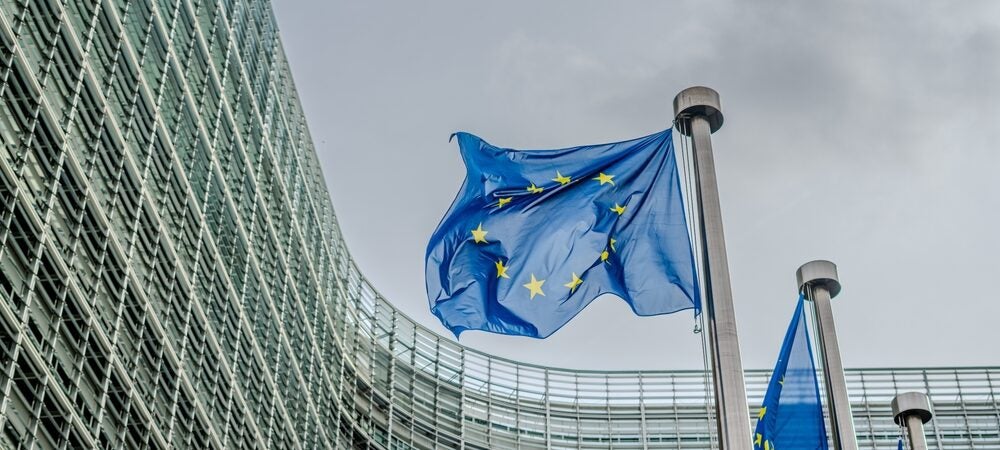Europe has been profoundly shaken by the first three months of Donald Trump’s second administration. And because of this, the EU must urgently embrace a much wider and more ambitious strategic master plan, something it has thus far failed to do.
Meanwhile, the new European Commission has begun its first full year, with the unenviable task of setting the EU agenda amongst all this turbulence. Key early initiatives indicate a focus on shoring up the EU’s resilience, competitiveness and enhancing its strategic autonomy.
However, this isn’t enough. With the rest of 2025 likely to remain tumultuous, now is the moment to assess whether the EU’s current priorities match the urgency of the challenges ahead. There have been some positive steps in the right direction – but more can and should be done.
INTRODUCTION
Unprecedented times present huge challenges – but also opportunities. Europe is still reeling from the shock of Donald Trump’s return to the White House but it’s becoming clearer every day that nothing will ever be as it was before. Europe – namely the EU and the surrounding states – will need to stand much more on their own vis-à-vis the US, but also China. This naturally takes time to both digest and to adapt to.
But Europe has many partners around the world to help it redefine its relationships. It’s also time to take a quantum leap in EU integration, to facilitate a more united foreign and security policy, to forge closer alliances with like-minded countries and to fully exploit other opportunities as and when they arise.
The situation’s seriousness has been exemplified by the high number of top-level meetings. The European Council has met an exceptional three times in Q1 2025 (it’s normally just once per trimester) and national and European leaders have met several times in other groupings, most often to discuss continued European support for Ukraine after the US’ shameful decision to disengage. We’ve already seen several meetings in the Elysée in Paris and one in London. It’s unclear at this stage what progress has been made through these meetings – other than simply maintaining strong public support for Ukraine.
2025 is also the first full year of the von der Leyen II Commission, a period when the agenda is debated and then set. Several key initiatives have already been revealed, including the Competitiveness Compass, the Savings and Investment Union Communication, ReArm Europe and the White Paper on European Defence.
However, the time is now ripe to undertake a first assessment of the College’s priorities after such a tumultuous first three months of the year – and before what’s likely to be an equally tumultuous rest of 2025.
WHY 2025’S Q1 SHOCKS COULD BE THE LAST OPPORTUNITY TO FORGE AN EU MASTER PLAN - FFTo read the explainer as it was published by CEPS, click here.
To read the full explainer PDF as it was published by the CEPS, click here.


